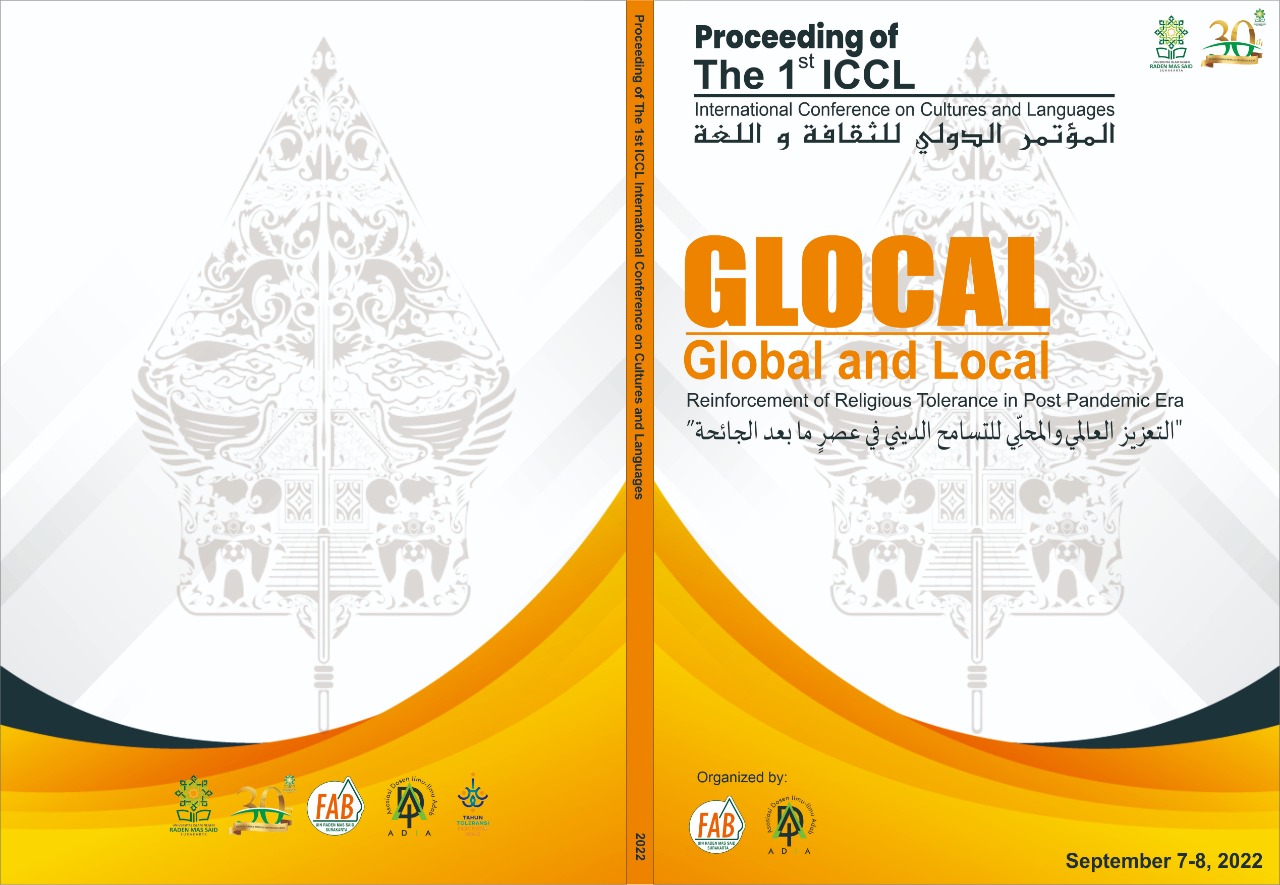WACANA HUMOR TOLERANSI BERAGAMA DALAM SUDUT PANDANG GEN-Z: STUDI KASUS PERTEMANAN BEDA AGAMA
Keywords:
Humor, Religious Tolerance, Gen-Z.Abstract
Komnas HAM revealed that there is a tendency towards intolerance among teenagers or Gen-Z. Data compiled from the findings of the Komnas HAM study from 2012-2018 shows an increase in the tendency of religious intolerance among teenagers by 50 percent, this condition has continued to increase from 20 percent since 2012. The increase in intolerance among teenagers is a problem that needs special attention. There are various ways to express tolerance in religion, one of which is through humorous discourse. Humor can arouse the spirit and passion of the originator and listener. In addition, humor is often used as a forum for initiating acts of tolerance between religious communities. Even humor can reach and be easily accepted in the realm of the circle of friends. The novelty of this research is that studies on the humorous discourse of religious tolerance have not been done much, especially in expressing the perspective of Gen-Z regarding religious tolerance. The purpose of this study is to reveal and describe the Z-generation view of religious tolerance in loose humor. This study uses a qualitative descriptive method to describe the presentation of data in the form of verbal humors that become inclusiveness in the realm of tolerance for different religions. The data sources of this research are events and informants. The research data were collected through observation and interview techniques. The data analysis of this research uses the interactive theory of Miles and Huberman, which is in the form of data reduction, data presentation, and drawing conclusions until the data is completely saturated. The results of this study indicate that Gen-Z's view of responding to humor is a way of fostering tolerance values with the typical humor of Gen-Z teenagers. Discourse of humor carried out by a group of teenagers within the scope of friendships of different beliefs or religions, is able to reduce forms of discourse or attitudes of intolerance in the sphere of youth association as long as it does not violate personal beliefs or certain groups.


